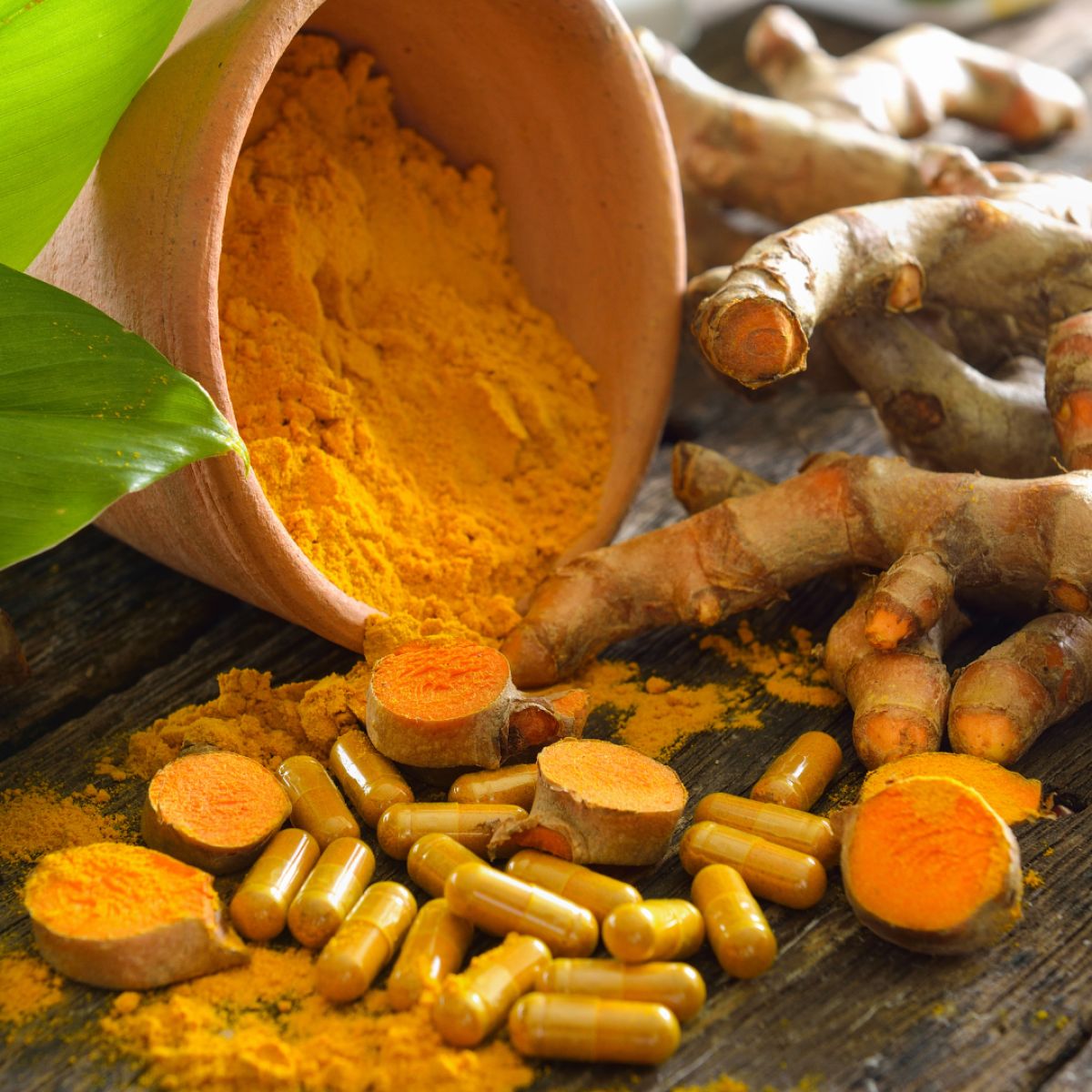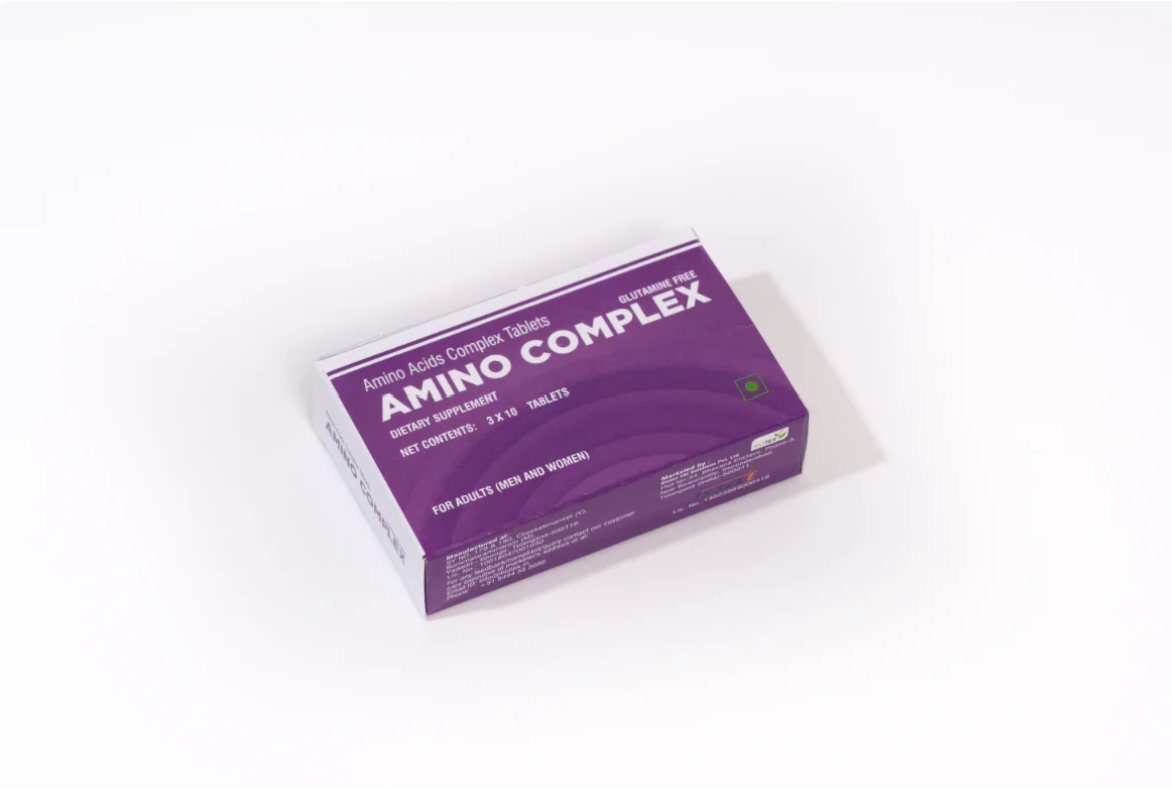Turmeric, often hailed as the "Golden Spice," has a long-standing history in culinary traditions and traditional medicine across various cultures. Esteemed for its vibrant color and unique flavor, it has also been revered for its medicinal properties for centuries. In recent years, curcumin, the active compound found in turmeric, has captured the attention of the health and wellness community. Renowned for its potent anti-inflammatory and antioxidant benefits, it has become a focal point of research and discussion. This blog aims to delve into the nuances of turmeric and curcumin, exploring their differences, health benefits, and the best ways to incorporate them into your health regimen for optimal benefits.
The Basics of Turmeric
Turmeric, a root belonging to the ginger family, has been utilized for its medicinal, culinary, and dyeing properties for over 4,000 years, particularly in South Asia. Its active compounds, curcuminoids, with curcumin being the most notable, are credited with its health-promoting properties. Turmeric’s anti-inflammatory and antioxidant capabilities make it a valuable ally in preventing and managing various health conditions, including arthritis, heart disease, and certain neurological disorders. These benefits, combined with its role in enhancing the flavor and color of foods, underscore turmeric’s revered status in both traditional and modern wellness practices. Its broad health benefits, extending from pain relief to potentially reducing the risk of chronic diseases, illustrate why turmeric continues to be a staple in health-conscious households worldwide.
Curcumin Explained
Curcumin is the principal curcuminoid of turmeric, responsible for the spice’s characteristic bright yellow hue. It is not only a potent antioxidant but also has strong anti-inflammatory properties, making it a subject of numerous scientific studies. Research has shown that curcumin can significantly reduce markers of inflammation in the body, making it an effective natural remedy for conditions related to chronic inflammation. However, curcumin’s benefits are often limited by its low bioavailability, meaning that it's poorly absorbed from the digestive tract. Various methods, including the incorporation of black pepper (which contains piperine), using curcumin with fats, or formulating curcumin into nanoparticles, have been explored to enhance its absorption and efficacy.
Comparing Curcumin and Turmeric
While both turmeric and curcumin offer significant health benefits, their uses and applications can differ based on specific health goals. Turmeric, as a whole spice, is beneficial for general wellness, thanks to its array of compounds, making it ideal for daily consumption through diet. Its mild effects are suitable for long-term use, enhancing dishes with both flavor and nutritional value. Curcumin, however, with its concentrated anti-inflammatory and antioxidant properties, is often chosen for targeted health interventions, such as managing inflammation, pain, or specific conditions like arthritis. For those seeking the potent benefits of curcumin specifically, supplements might be preferred to achieve the desired therapeutic effects. Nonetheless, incorporating both turmeric in culinary forms and curcumin supplements can synergistically contribute to a comprehensive health and wellness strategy.
Incorporating Turmeric and Curcumin into Your Lifestyle
When considering the inclusion of curcumin supplements in your health regimen, products like Nano Curcumin Capsules from Biotex Life merit attention for their enhanced bioavailability and efficacy. These advanced formulations are designed to maximize the body's absorption of curcumin, ensuring you receive the full spectrum of its health benefits. However, choosing the right supplement involves more than just understanding bioavailability. Factors such as individual health conditions, potential interactions with medications, and specific wellness goals should guide your selection. It's imperative to consult with healthcare providers before beginning any supplement, including curcumin. This step ensures that your choice aligns with your overall health strategy and addresses your unique needs safely and effectively.
Turmeric and curcumin each play distinct roles in promoting health, offering potent anti-inflammatory and antioxidant benefits. Integrating both into your wellness routine can provide a comprehensive approach to combating inflammation and bolstering overall well-being. For those interested in maximizing the benefits of curcumin, consider exploring Nano Curcumin Capsules for enhanced absorption and efficacy.



